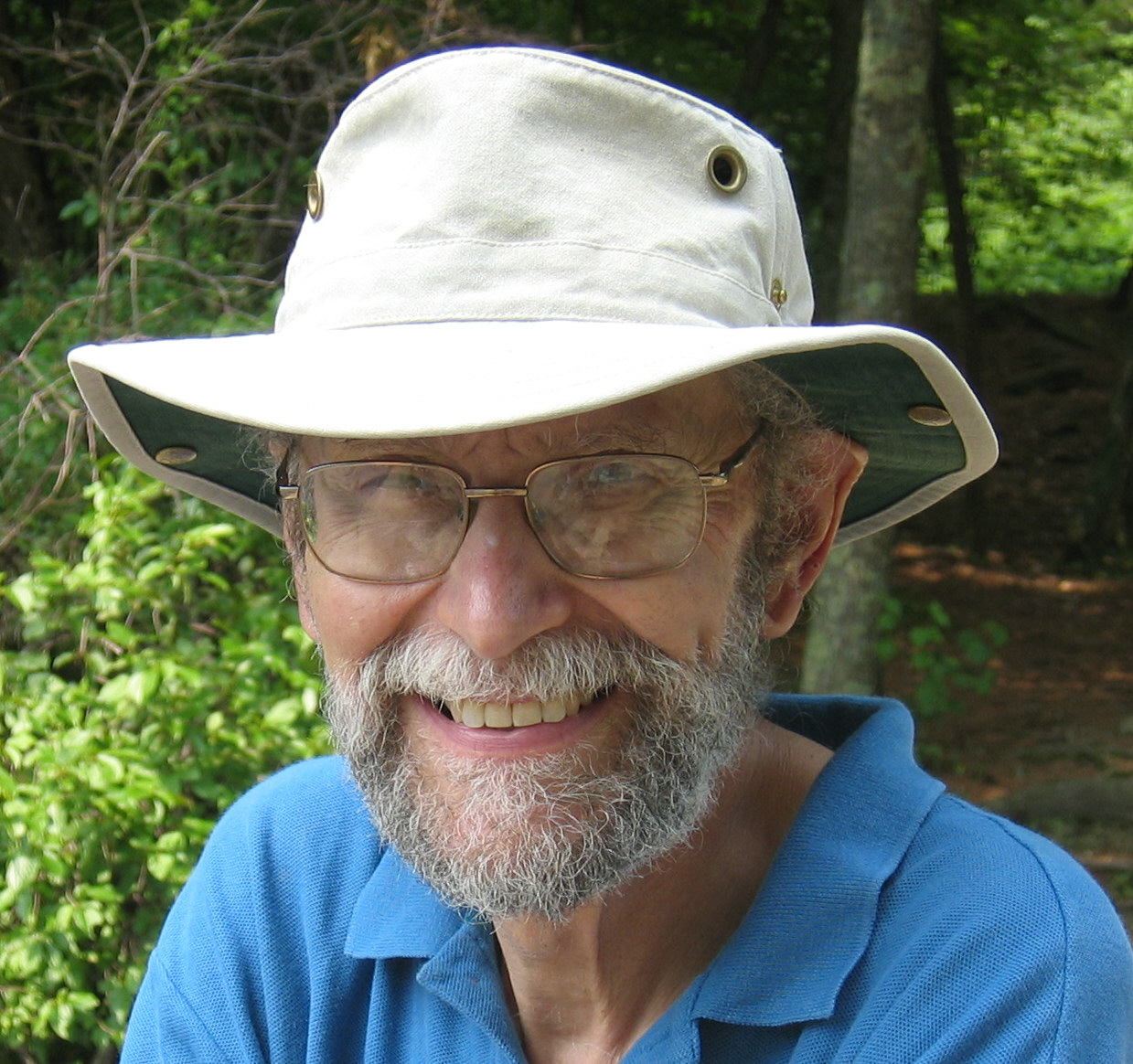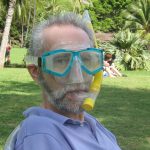Published on: December 4, 2014
Alvin C. Kibel: Literature With a Twist.
- “Our subject is the ethics of leadership, an examination of the principles appealed to by executive authority when questions arise about its sources and its legitimacy.”
- “Our objective is to focus on the formal, thematic, and rhetorical features that imaginative literature shares with texts in the history of probability.”
- “The most significant representations of the human condition are those dealing with persons who try to compel society to accept them as its destined agent, despite their absence of high birth or inheritance.”

Professor Alvin Kibel
Seriousness. Breadth. Relevance. Scan
Professor Kibel‘s offerings at
MIT’s Open Courseware, and you will be struck by the range of titles:
Literature, Ethics, and Authority;
Studies in Film;
The Art of the Probable;
Major European Novels; The End of Nature;
Darwin and Design; Tragedy. Is there anything he cannot teach? Educated at Columbia University, deeply conversant in literary and political theory, philosophy, history, and the history of science, Head of the Literature Section during its formative years, Kibel is an imaginative pioneer. He has designed many of the classes featured regularly in the Literature curriculum and continues actively to shape and re-invent the program in fresh and challenging ways. This is also the man who knows all of Cole Porter’s lyrics and Groucho Marx’s jokes by heart, can quote any number of poems or Shakespearean speeches, drop into a new accent, or fire up a faculty meeting with a spontaneous excursion into song. More than that, he is an iconoclast and self-described heretic, with a great respect for the absurd and unexpected. “Literature should come late in a student’s education,” he says. “Start with Macroeconomics, Theory of Numbers, History of Political Thought in the West. Then maybe Great Books, the Western Tradition, Philosophy. That’s it.” Where did this wealth of knowledge come from? Kibel is characteristically dismissive of accolades. “I grew up in the Bronx.
That was a formative experience.” Although elected to the Phi Beta Kappa Society at Columbia, graduating second in his class and spending two summers at the Yaddo artists’ community, where he met novelist Philip Roth and composer Virgil Thomson, he claims to have had a scattered education: “math, physics, chemistry, anthropology, astronomy, philosophy, sociology. No literature until senior year.” Yet he went on to a Ph.D from Columbia and to teaching at New York University, Wesleyan University, the City College of New York, and the University of Reading, England, before and after his arrival at MIT in 1968. He won a Fulbright Fellowship, has served as advisor to the National Endowment for the Humanities, and has published in journals as various as
Partisan Review, The New Republic, and
The American Scholar. It is hard to square this picture of a flourishing academic career with the figure Kibel presents of himself as a newly-fledged college graduate inducted into the army in 1954 to be trained for a Korean War that was already drawing to a close: an exercise in absurdity, you might think, but the event that he says shaped his life most decisively: “It was a bitter experience, but it was the making of me.” At the induction center at Fort Dix, NJ, Kibel and a buddy were assigned to wash and install storm windows. Kibel went industriously to work, hoping to get done quickly; he had a book waiting for him back at the barracks. “What are you rushing for?” asked the soldier. “Watch this.” His buddy threw a storm window to the ground where it crashed into fragments. “Who did this?” raged the sergeant who rushed over to see the damage. “I did,” said the soldier. “Get out of here!” ordered the sergeant. And Kibel had to finish the job himself. “I wanted to go to Europe,” he says. But instead he was sent to Arkansas, Texas, Louisiana to play in the boondocks at war games. At one point, he and a busload of soldiers traveled to Fort Hood through country with no interstate highways, no rest stops or fast food chains. They had vouchers for diners along the route, but signs made it clear that only whites could enter them and that “black kids” would have to eat on the bus. The soldiers took a vote. Nobody would eat under those terms and so they didn’t eat all day. “It astonished me,” says Kibel. “Most of the white soldiers came from the segregated South. After training they went back to their towns, which were, of course, still segregated. What did they think? How did they manage to resume what passed for normal life?” Kibel knew what he thought: he would like to teach literature. “I wanted to talk about books. At MIT you can teach whatever you want.” His course descriptions show the extraordinary depth and reach of his knowledge—served up always with his own wry twist.
 Interviewer
Interviewer:
Wyn Kelley

 Interviewer: Wyn Kelley
Interviewer: Wyn Kelley
